THE HAGUE, Netherlands — Switzerland has received the European Union’s approval to join a multinational military cybersecurity project, the EU’s Council announced this week.
The decision allows Switzerland to become part of the Estonian-led Cyber Ranges Federations project under the EU’s Permanent Structured Cooperation (PESCO) framework, marking a notable advance in Swiss–EU military cooperation. This comes despite Bern’s famously longstanding policy of strict military neutrality.
Switzerland had applied to join the project in October of last year, shortly after submitting an application for another joint project focused on military mobility. Two formalities remain before becoming a full project member: Estonia must invite Switzerland to the cooperation, and Bern needs a so-called administrative arrangement with the EU governing formalities such a data exchange and other parameters.
The Swiss government welcomed this week’s EU decision, saying that the country “will take part in the European PESCO project.”
Switzerland has beefed up its own cyber defense capabilities in recent years with its Swiss Cyber Training Range and a Cyber-Defence Campus.
The EU’s Cyber Ranges Federations initiative seeks to centralize capacity, pool unique services and automate processes across member states, reducing manual workload during exercises and accelerating the development of advanced cybersecurity technologies.
Austria, Belgium, Bulgaria, Finland, France, Italy and Luxembourg are already members of the project, in addition to Estonia.
Under PESCO’s third-state participation rules established in 2020, non-EU countries may join individual projects if they share EU values and pose no threat to member states’ security interests. The Council confirmed that Switzerland meets the required political, legal and substantive criteria and will bring “substantial added value and mutual benefit” to the federation, it said in a press release.
The Council retains oversight of third-state involvement and may adjust conditions should security considerations evolve, ensuring alignment with the EU’s collective defense objectives.
Swiss defense planners have balanced these new engagements with Bern’s policy of armed neutrality, with federal officials calling cooperation in PESCO initiatives “ad hoc collaboration on specific projects which are thematically in the interest of both parties and which do not create critical dependencies for neutrality.”
Participation in the cyber project enables Switzerland to contribute – and benefit from – expertise and infrastructure without entangling the country too deeply in broader EU defense commitments, from Bern’s point of view. The Swiss government said that “participation will take place selectively and on a needs-oriented basis.”
The latest project represents part of Switzerland’s broader strategic approach to selective participation in PESCO projects that align with its defense interests while maintaining neutrality.
It’s not Switzerland’s first brush with EU defense initiatives. In January, the government received the green light to join an EU-led military mobility project, which it applied for in September 2024. The Military Mobility project aims to simplify and standardize national cross-border military transport procedures, enabling swift movement of military personnel and assets throughout the EU via road, rail, sea, or air. Other non-EU countries, such as the UK, Northway, the USA and Canada are also part of this project.
In addition to deepening engagement with the EU, Switzerland has also been a member of NATO’s partnership for peace since the 1990s, as has its neutral eastern neighbor, Austria.
Hardline neutrality defenders have long taken issue with Swiss engagement on military projects beyond its own borders. Their criticism received new urgency in the aftermath of Russia’s attack on Ukraine in 2022. Last year, a civil movement garnered more 130,000 certified signatures to organize a national referendum on strengthening Switzerland’s international neutrality. The referendum organizers specifically want to prevent what they see as a gradual erosion of Switzerland’s traditional neutrality through strengthened international defense cooperation.
Linus Höller is a Europe correspondent for Defense News. He covers international security and military developments across the continent. Linus holds a degree in journalism, political science and international studies, and is currently pursuing a master’s in nonproliferation and terrorism studies.
Read the full article here

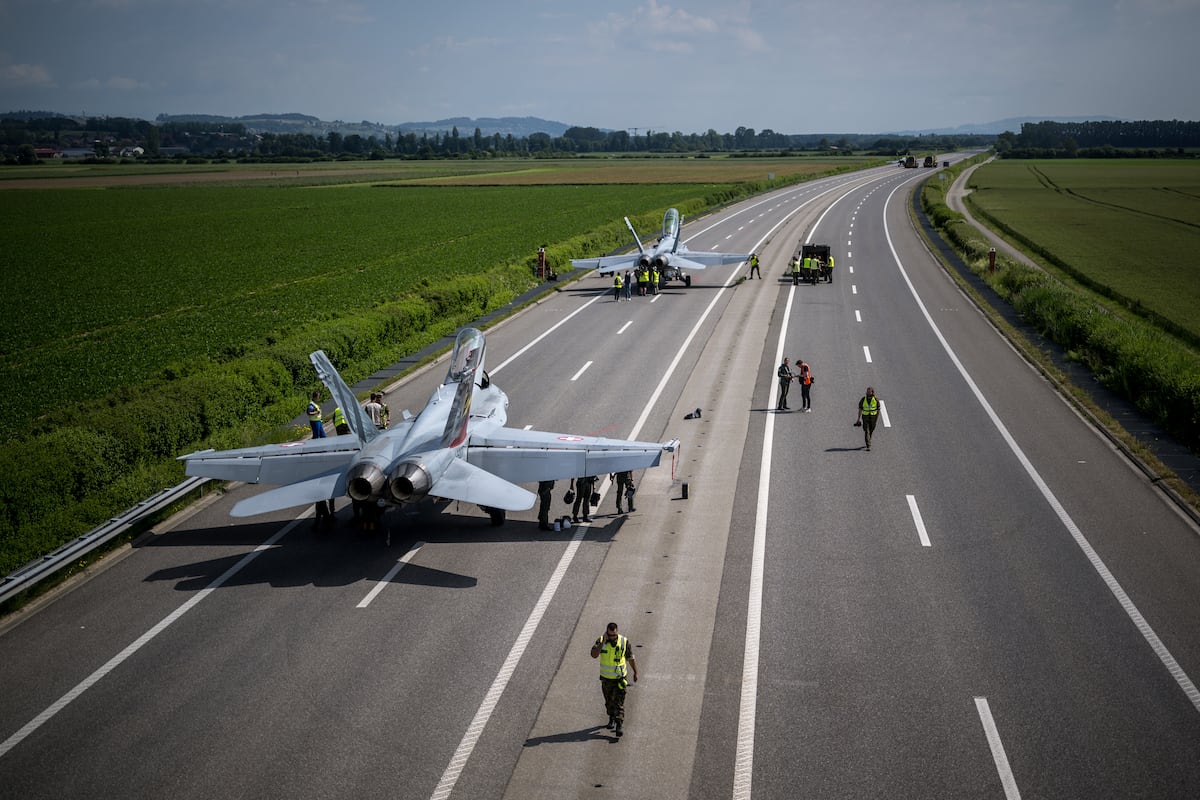
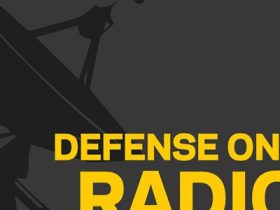


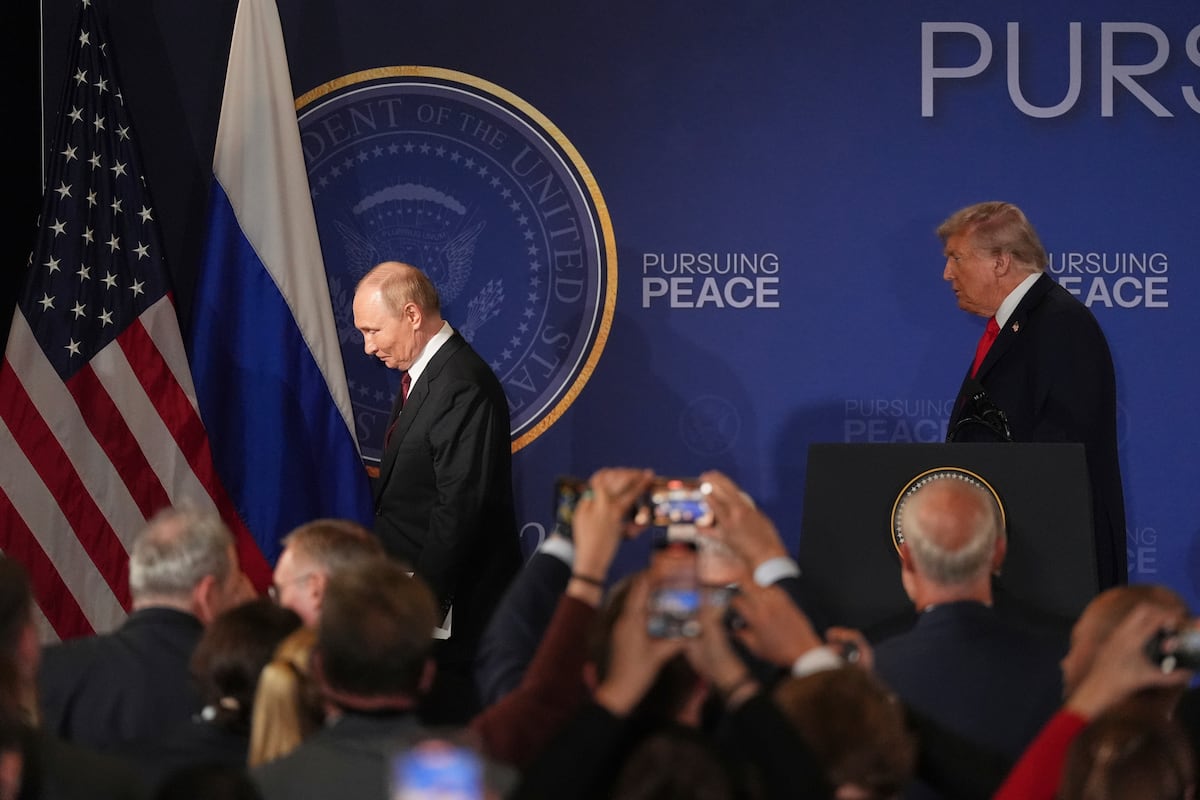
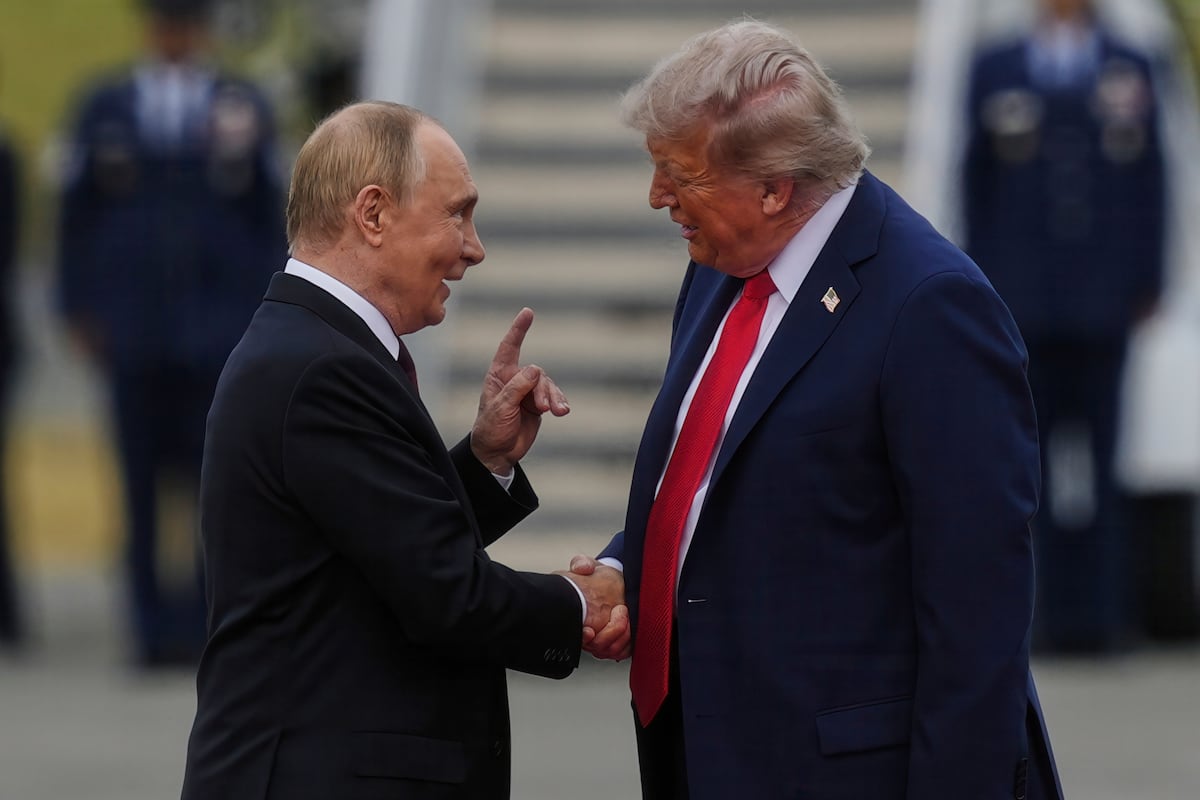
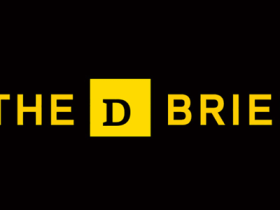
Leave a Reply